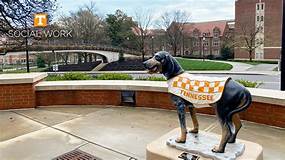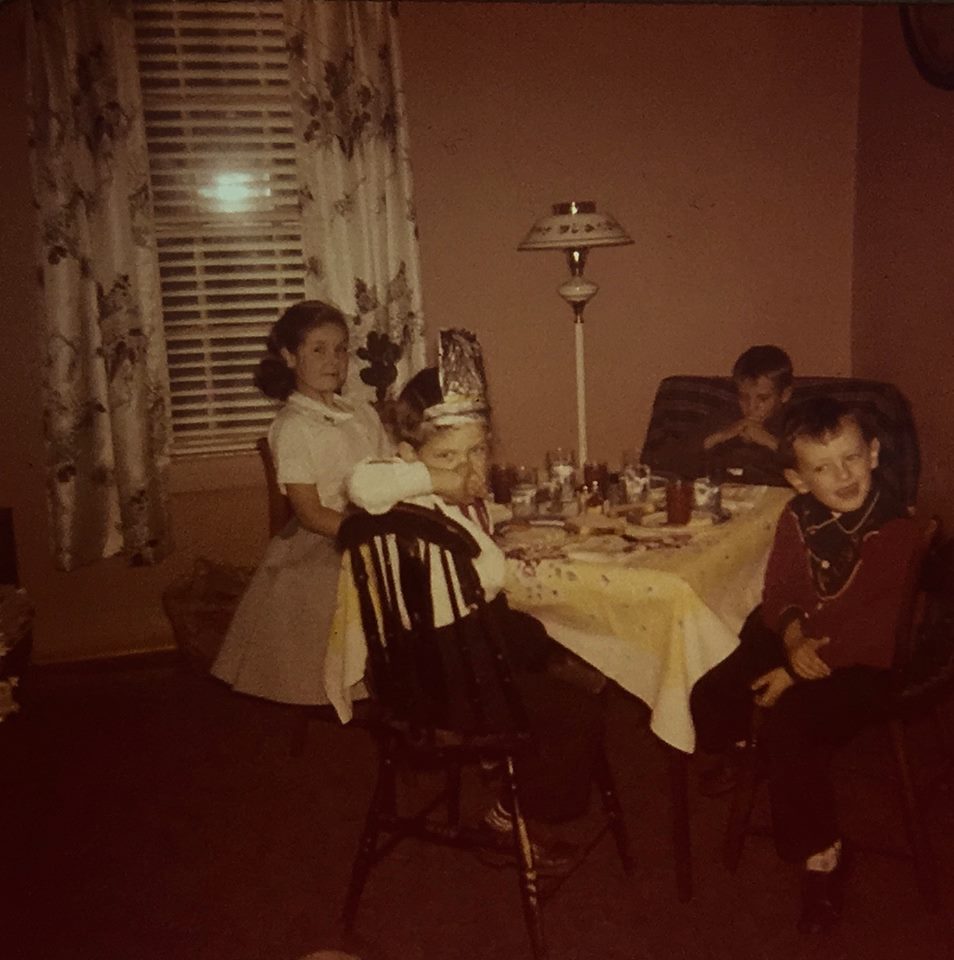In the welfare debate, there is a tendency to group the uneducated, the ill educated, the undocumented, the criminal, the sick and the poor into a class of “takers” and to dismiss this “class of takers” as outsiders, not like us, the majority.
I am hear today as a member of the NY Committee for Jobs and Economic Justice and as a person who never expected to be a poor person on welfare. In 1993 for 9 months, here in NY, I was on Home Relief.
My family came to the US 85 years ago and worked in the brass mills. Three/four generations of men and women have worked steadily in all types of jobs. I got my first paycheck at 15 from Friendly Ice Cream Shoppe. I know how to work; I am willing to work hard; and I was sure I knew how to get a job.
I have not made anti-social choices. The choices I have made in my life that left me resourceless were realistic, pragmatic responses to the world. I came to NY to go to college and suffered several traumatic events. I got married for safety. When I found the courage to leave that marriage, I chose a high-paying job instead of training for a career. When that autoworker job became obsolete, I put myself, now in my thirties, through 4 years of college and graduated into a recession. My resources were spent. I could not withstand 2.5 years of unemployment without extra help. Thank God, there was a welfare system that entitled me to food stamps and a stipend after my unemployment benefits were exhausted. I can not imagine what would have happened to me. I would not have survived 5 months on the streets.
I was 5 months on welfare before I got offered a job and then several months before I actually got a paycheck. I am now paying taxes and am on the road to reclaiming my middle class status, a good thing for myself and America. If the Congressional Welfare Reform Bill had already been in effect, there may not have been relief for me. Block grants with no entitlement quarantees means that there may not be any money available when you need it. When the money runs out it is tough luck for the next in line. The Welfare System we have now is the safety net- THE ONLY SAFETY NET for those of us who are caught in layoffs and downsizing in an economic recession; for those of us who are trying to re-establish ourselves after abuse or abandonment by our partner; for those of us who are unable to work but not yet diagnosed as disabled; for those of us many Americans who are only one paycheck away from homelessness.
Becoming poor or sick is something that can happen to any of us despite our most reasonable efforts. We are all entitled to help until we can get on our feet. Please urge President Clinton to veto any welfare bill that denies entitlement.
I am proud to have been as honest as I could about my own life. I am grateful for all and any help I had received and I am proud that I have fought to defend and extend those benefit programs. I was, also, able to lobby my Congress in DC with WMAD, Welfare Made A Difference, an organization of welfare alumni.
Many expected allies made excuses for Clinton’s betrayal. Today, if Force the Vote for Medicare for All seems rude-well, I have been on this carousel before with these same players. If I seem cynical, let me remind you…..
October 1994, Congressional Progressive Caucus members including Bernie Sanders introduced the “Jobs and Investment Bill” into Congress, to appropriate $42 billion over several years for “make work” construction and infrastructure projects.
In 1995, Nancy Pelosi and Bernie Sanders supported DSA member Rep Dellums’ “Living Wage, Jobs for all Act”
October 1995 NY DSA held a “People’s Hearing on Economic Insecurity” chaired by Congress members Major Owens and Jerry Nadler. Republicans controlled both Houses of Congress, and neither the ‘ Living Wage/Jobs for All Act nor Bernie’s Corporate Responsibility Act could get a vote. These people’s hearings were to “refocus the public debate and unite poor, working and middle-class people around a program for economic justice and growth.”
25 plus years later, we are on the same merry go round -nice speeches, organizing before elections, then once in Congress, officials vote in a way that does not match their promises. We need a better “inside/outside” strategy. We need accountability of our elected officials. We need Medicare for All, now.









